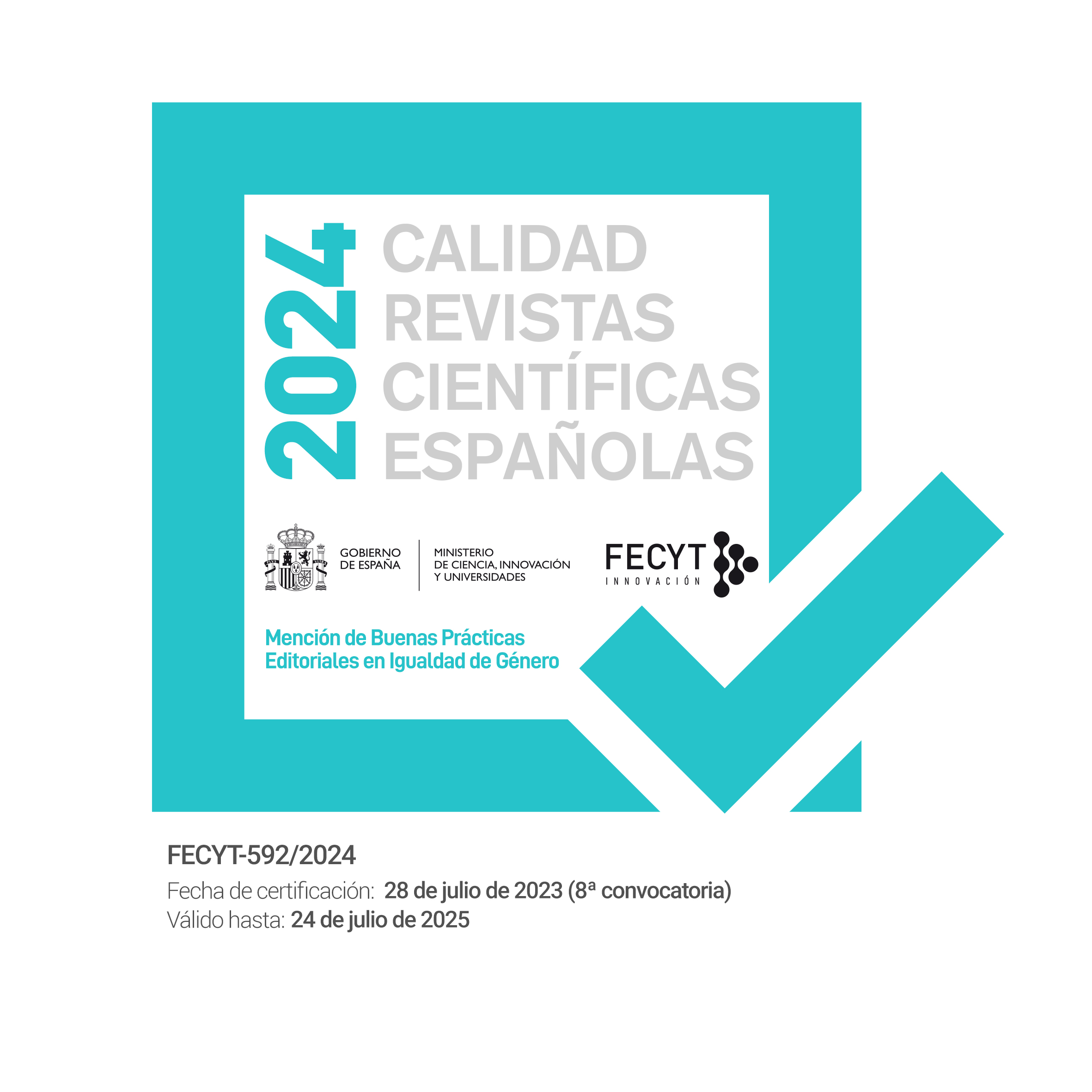The Case of Female Migrant Domestic Workers in Europe: Human Rights Violations and Forward Looking Strategies
Abstract
Female migrant domestic workers constitute one of the most vulnerable groups of workers in the international labour market as they are frequently found working and living in conditions that put their human rights at stake. They can be subjected to multiple and intersecting discriminations deriving from their gender, their status as migrants and their occupation. The aim of this article is to explore the issue of female migrant domestic workers through its human rights dimension. It first analyses the phenomenon by discussing aspects such as gender, ethnicity and migration. Secondly, it provides for an account of the International and European framework for the human rights protection of this group of migrant women. Then, some of the most important human rights concerns that the issue of female migrant domestic workers entails, such as the exploitative terms of work, the problematic living conditions and private life issues, are discussed. Finally, the article, examines suggestions that could improve the living and working conditions and the general status of female migrant domestic workers. The forward looking strategies presented are grouped in three core categories; how to prepare female migrant domestic workers for their entry to the destination country, how to protect them through migration policies and labour regulations and finally, how to empower them allowing them to develop skills and capacities for better civic participation.
Published online: 11 December 2017
Downloads
Deusto Journal of Human Rights / Revista Deusto de Derechos Humanos is an Open Access journal; which means that it is free for full and immediate access, reading, search, download, distribution, and reuse in any medium only for non-commercial purposes and in accordance with any applicable copyright legislation, without prior permission from the copyright holder (University of Deusto) or the author; provided the original work and publication source are properly cited (Issue number, year, pages and DOI if applicable) and any changes to the original are clearly indicated. Any other use of its content in any medium or format, now known or developed in the future, requires prior written permission of the copyright holder.



3.jpg)
3.jpg)
3.jpg)
.jpg)








